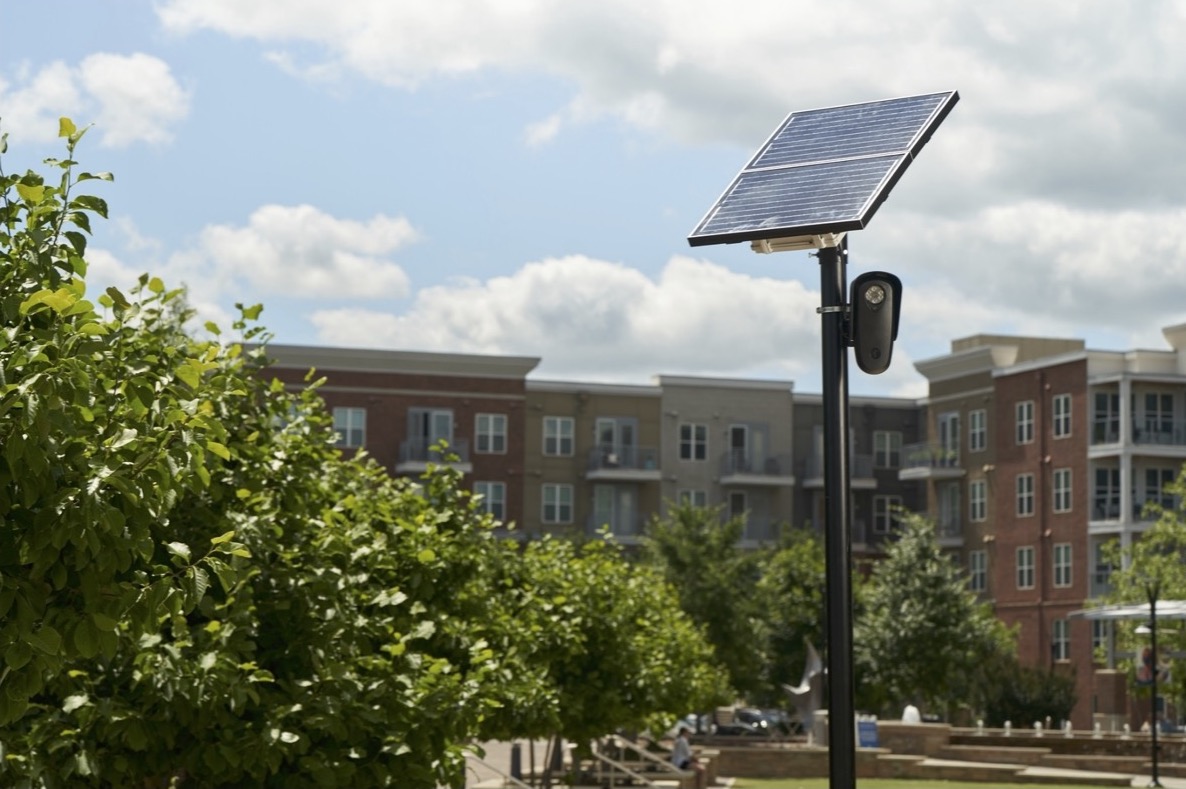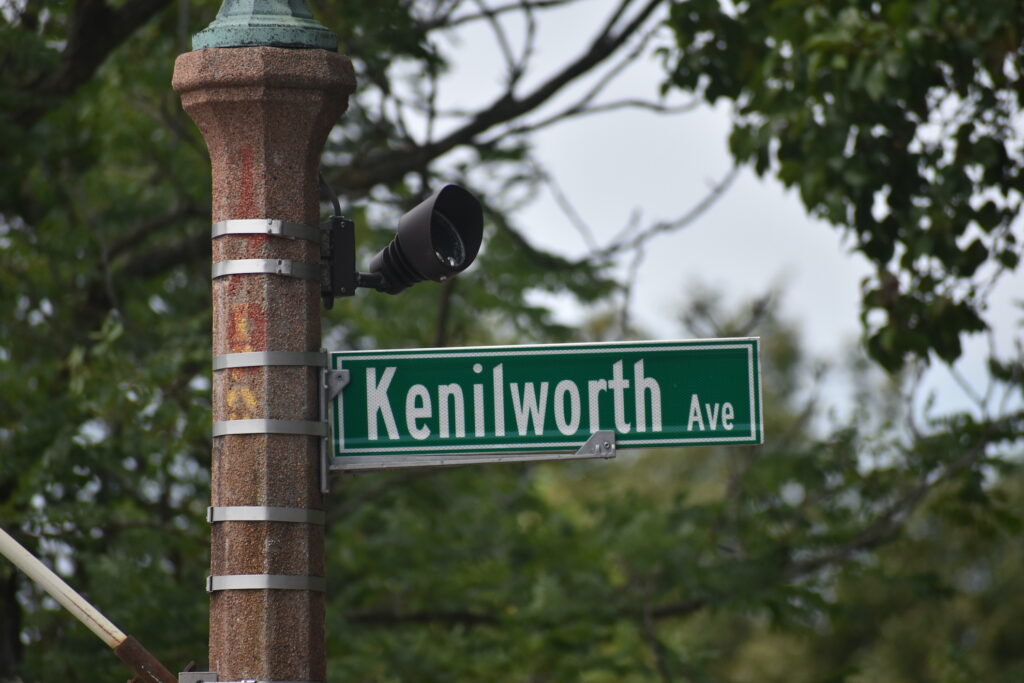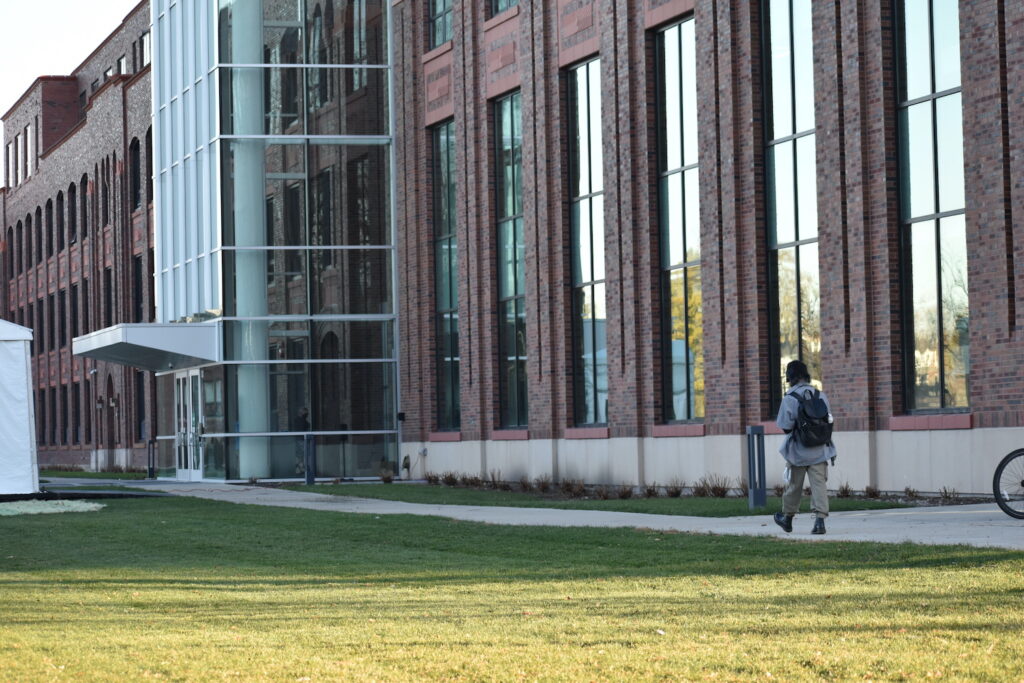
Trustees want ‘tightened’ policy before license-plate readers come to Winnetka
The Village of Winnetka appears to be the latest suburban community to embrace license-plate reading cameras to combat local crime.
Winnetka trustees discussed the expanding technology with Police Chief Marc Hornstein during a Village Council study session on Tuesday, June 14.
The police department’s proposal to purchase two cameras received a general go-ahead; however, trustees want a narrower policy for how the camera’s data can and will be used by the department.
“I understand the need (for the cameras), there’s no doubt about it,” Village President Chris Rintz said, “but I think the policy is loose — too loose. It needs to be tightened up considerably. … For Boomers, this is scary stuff.”
Rintz was referring to the cameras’ ability to capture images and data from all passing vehicles.
Triggered by motion, automated license plate readers photograph cars and machine learning pulls data based on a car’s license plate number. The technology can quickly — within 15 seconds, according to Flock Safety, the firm in negotiations with Winnetka. — send an alert to police departments if that car is associated with criminal activity or public safety investigations, such as missing persons.
While available for more than a decade, the technology has recently gained traction across Chicagoland, including in the northern suburbs. Skokie, Northbrook, Niles and Kenilworth already use the cameras, and Wilmette, Northfield, Glencoe and more are considering them.

In his presentation, Hornstein said the department hopes to install solar-powered license-plate readers in two spots in the village: one on Sheridan Road and one on Willow Road. He said the cameras would not be used for traffic enforcement and do not carry facial recognition technology and the collected data would be auto-purged in 30 days unless it is involved in an ongoing investigation.
Trustee Rob Aptatoff said his home has been burglarized multiple times — once reportedly while he and his family were at home — and he welcomes the technology.
“I’ve been wondering when we could do this. I love this idea,” he said. “It gives (police officers) more of a fighting chance to catch the bad guys. There is no discrimination. It is a license plate; that’s what you are looking at. It’s about as clean as you can do it.”
Rintz and Trustees Bob Dearborn and Andrew Cripe supported the cameras, as well, but were concerned about language in the draft policy shared with the council.
Dearborn said the department’s presentation did not match the proposed policy.
“(The policy) sounds to me like this could be opened up to other areas, kind of like a camel’s-nose-under-the-tent scenario and your review seemed tight,” he said. “… I certainly wouldn’t want this data to be available.”
The license-plate readers have faced scrutiny from the civil-liberties community, which fears the collection and potential use of copious amounts of private information.
The gathered information can then be shared with law enforcement agencies across the nation; though, the sharing varies. For instance, a suburban department in Burr Ridge shared 319,430 records captured in 2016-17 with more than 800 other agencies, but the Elgin Police Department shared its 2.2 million records from the same years with just 12 departments, according to an expansive report from the Electronic Frontier Foundation.
With that concern in mind, Winnetka trustees pushed Hornstein and the police department to in its policy to clearly identify the scope of the data’s use and details on how and when it will be destroyed.
Rintz and the rest of the council expressed confidence that the department would develop an acceptable policy and encouraged Hornstein to move forward with the purchase of the cameras and technology, which will cost the Village $9,000 in 2022.
“We have a really unbelievable police department here that people in this community trust implicitly,” Rintz said, later adding ” … We’d like to see the policy tightened up and we can take care of that when you’re ready … and I think that speaks to the trust we have in (the department.)”
The Record is a nonprofit, nonpartisan community newsroom that relies on reader support to fuel its independent local journalism.
Subscribe to The Record to fund responsible news coverage for your community.
Already a subscriber? You can make a tax-deductible donation at any time.

Joe Coughlin
Joe Coughlin is a co-founder and the editor in chief of The Record. He leads investigative reporting and reports on anything else needed. Joe has been recognized for his investigative reporting and sports reporting, feature writing and photojournalism. Follow Joe on Twitter @joec2319


